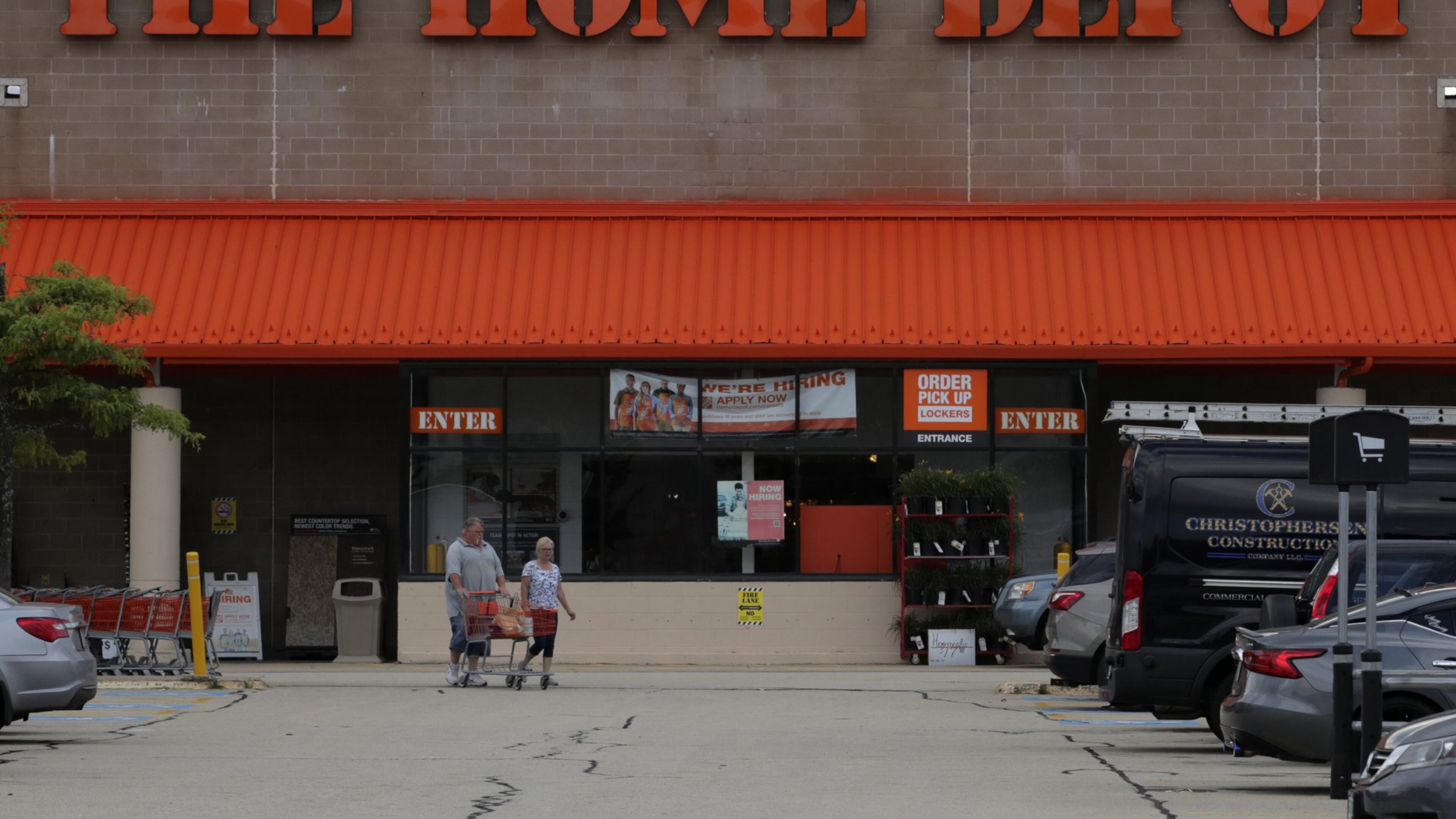Home Depot sales up, but not as much as expected

Atlanta-based Home Depot on Tuesday announced disappointing financial results for the last quarter and attributed it to company investments that have yet to pay off.
Georgia's largest company had sales of $27.22 billion over the three-month period. That was 3.5% more than the same period last year, but less than analysts expected.
The company also lowered its full-year forecast for 2019 for the second time.
Chief Executive Officer Craig Menear wouldn’t go into detail about the investments, but expressed no doubts that the company is on the right path. Some benefits, he said, have been slow to materialize.
“These investments are significant and long-term in nature, and we expect that the momentum we’ve seen will continue to build,” he told analysts and reporters during a morning teleconference. “Our rollout is largely on track, and we are realizing benefits. It’s just taking a little longer than our original assumptions.”
Company revenues also were hurt by the lower price of lumber, officials said.
Net earnings during the quarter were $2.8 billion, compared with net earnings of $2.9 billion in the same period of fiscal 2018.
In the morning teleconference, Home Depot executives said they expect sales for this fiscal year to be about 1.8% higher than the previous year. They had earlier forecast a 2.3% gain.
After the report, Home Depot shares dropped 7.5% in early trading, although the stock recovered somewhat during the morning. By early afternoon, shares of Home Depot were still down a little more than 5%.
The company has 2,290 stores and more than 400,000 employees. In Georgia, Home Depot has 91 stores and about 27,100 employees.
In the past year, Home Depot has opened only five new stores and has relied on getting more revenue out of its existing business. Retail stores and the company’s online business have complemented each other. Roughly half of online orders are picked up in stores, and 20% of those customers buy something from the store while they are making the pick-up.



